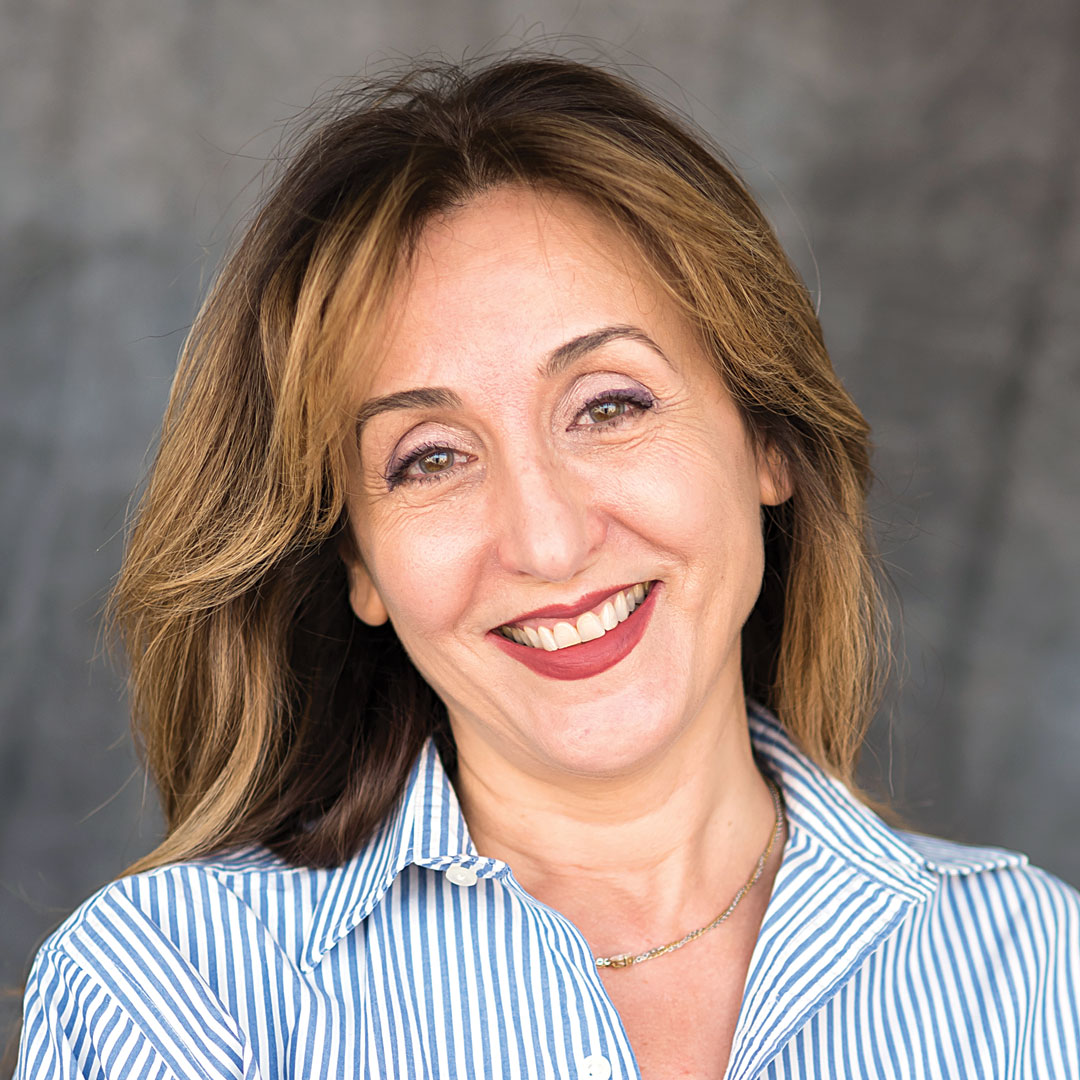I don’t know what will become of the legacy of Iranian Jews outside of Iran, how history will judge us in the context of the opportunities we had and the extent to which we helped make the world a better place with what we were given.
I don’t know what our kids will think of us 30 years from now; how we’ll define ourselves in retrospect.
When I’m feeling particularly glib, I think that Ayatollah Ruhollah Khomeini did us all a favor by causing us to leave the country once and for all. But I also know that I’m being presumptuous and perhaps unfair when I say that exile has been good for our community.
It is true that hardly a day goes by when I don’t thank God and my parents for the good fortune of living in this country. I thank my parents because they had the courage and foresight, years before the Islamic revolution, to up and leave Iran for America when I was 13 years old.
It was the heyday of the shah’s reign; the Jews had never had it so good. Money grew on trees, and you could sleep at night with the doors unlocked.
Yet even then, my parents could see the cracks in the wall, imagine the limits of what was possible in Iran. They forsook home and country, family and friends, 2,000 years of roots and put their faith in the idea of America. I thank God they did, but I realize there’s an immeasurable difference between the path that my parents took — leaving on their own terms — and the road onto which so many other Iranian Jews were forced.
It’s a testament to those Jews’ powers of invention and resilience, their adaptability and courage, that they have managed, in just three decades, to succeed so relatively well in their personal and professional lives here. Still, if you were to ask me what I think Iranian Jews have gained as a result of the Islamic revolution and what I believe we have lost, I could only give the most subjective and personal of answers.
What have I gained and lost, thanks to the “troubles” — that’s what people called the revolution in the beginning — of 30 years ago?
I gained the good fortune of having a community of Iranian Jews being born here overnight, filling the loneliness and alienation I had felt in the first years of my life in Los Angeles, when hardly any Iranians lived here and hardly any Americans gave us a chance at establishing a friendship. They nodded to us politely in passing, then looked away. If they stopped long enough, it was to ask where Iran was on the map and whether people rode camels to the grocery store in Tehran.
I gained the great good fortune of witnessing our community transform for the better with each passing decade, easing up on the misogyny and intolerance that were byproducts of Islamic and Jewish practices (because Persian culture, when freed of the influences of religion, is actually quite progressive and broadminded). I gained the possibility of speaking my mind without fear, questioning tradition without shame, writing what I believe to be the truth.
In exchange for all that, I lost the country of my birth, the places of my childhood, the handprints of my ancestors on the landscape. I lost the kindness of a people who, even in the depths of poverty, opened their homes and offered their food to a stranger; the innocence of a nation that had been closed off to the world for so long that it embraced every new idea, every foreigner wholeheartedly and with faith. I lost the beauty of the land where history began, the glow of a sunlight that was older, more seasoned, more forgiving than what I’ve seen anywhere else.
I lost the colors of the costumes little girls wore to perform ethnic dances, the faces of young boys who sat on rotting rowboats along the Caspian shore, the sound of water crashing against smooth black rocks in the Karaj River, the rosewater scent of the first harvest of apples. I lost the ability to go back and see with my eyes what I can only revisit now in memory.
For me, that’s a great bargain. For some others, especially people of my parents’ generation, it might have been a tough sell.
Gina Nahai is an author and a professor of creative writing at USC. Her latest novel is “Caspian Rain” (MacAdam Cage, 2007). Her column appears monthly in The Journal.






















 More news and opinions than at a Shabbat dinner, right in your inbox.
More news and opinions than at a Shabbat dinner, right in your inbox.